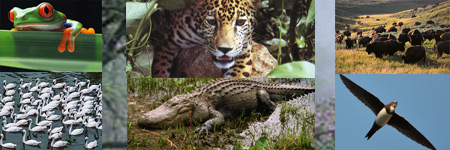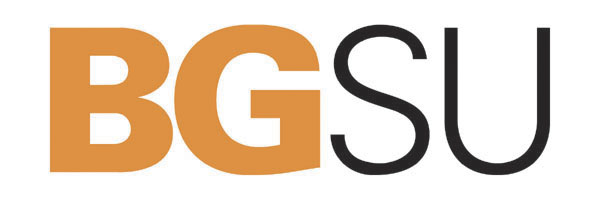Wildlife Biology (BIOL 4300/5300)

In this course we will focus on the evolution, ecology, conservation and management of vertebrates (i.e., birds, amphibians, reptiles and mammals). We will use a variety of sources (e.g., textbooks, primary literature, web sites, samples) to explore these topics.
Wildlife Biology is each Fall Semester. BIOL 4300 is the undergraduate section and BIOL 5300 is the graduate section.
Students are challenged with adopting a wildlife species and writing about its evolution, ecology and conservation, evaluating case studies, readings with class discussions, hands-on exercises using real data, and issue debates.
Goals for the course
- Understand the evolution of vertebrates and the distinguishing characteristics of each group.
- Learn to describe the ecology of each group and identify appropriate conservation strategies
- Develop good problem solving skills and approaches.
- Enhance ability to critique scientific literature and communicate your ideas readily to others.
- Aquire an appreciation of the extent and nature of human impacts on natural systems.
Topics Covered
- Introduction to Wildlife Biology
- Wildlife diversity and issues
- Biogeography
- Evolution of tetrapods
- Unique lifestyles and evolution of:
- amphibians
- reptiles
- birds
- mammals
- Ecology of terrestrial vertebrates:
- foraging
- reproduction
- dispersal/migration
- habitat
- species interactions
- Vertebrate population biology
- Landscape ecology
- Conservation biology
- Threats
- Strategies
- Management for vertebrates
- Wildlife Policy

